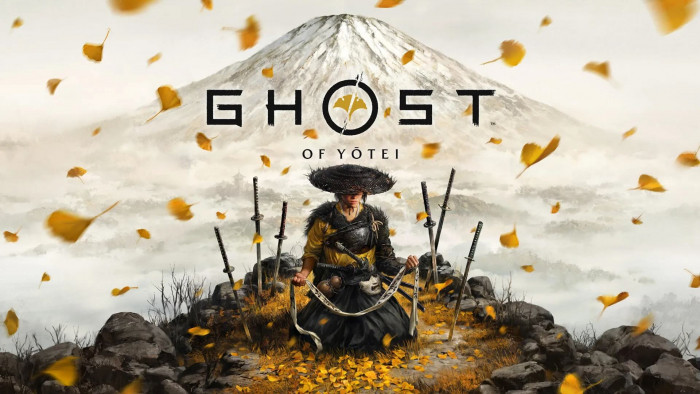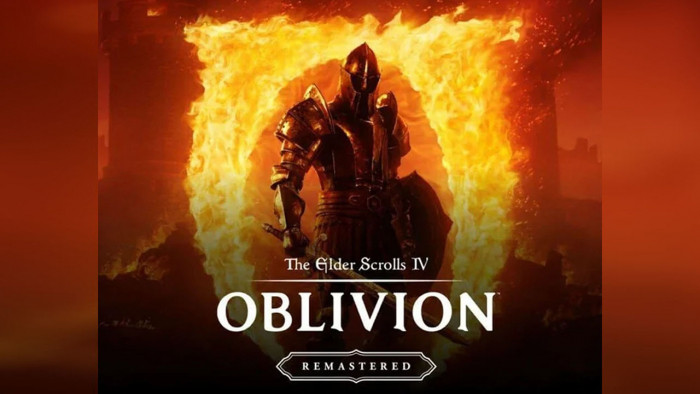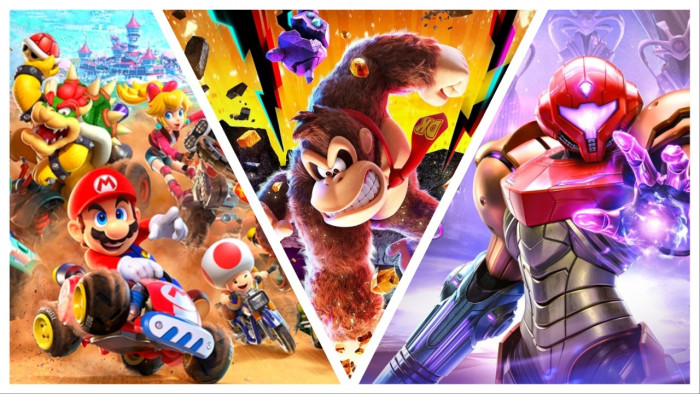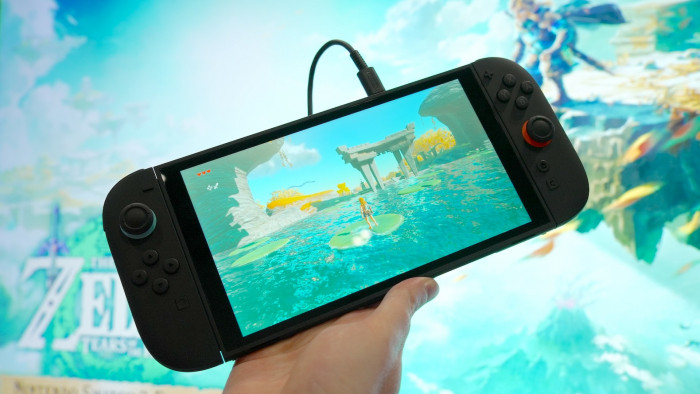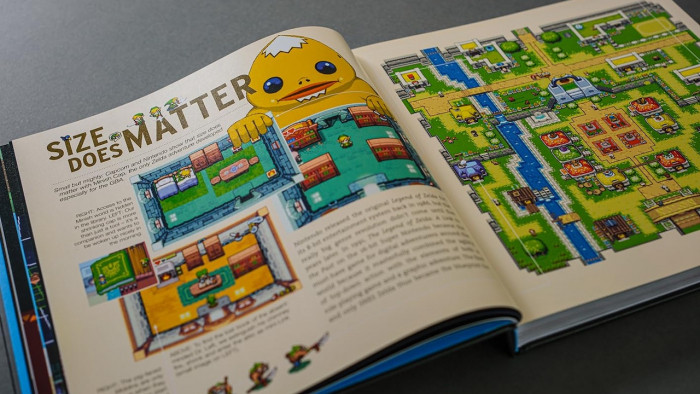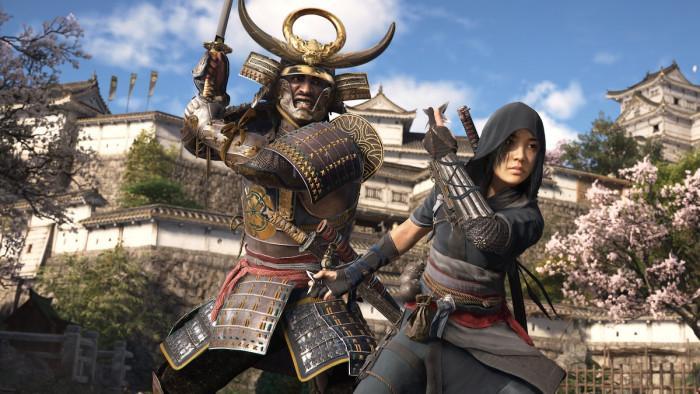Willem Dafoe on video games, Vietnam films and stabbing himself onstage…
You star in new video game Beyond: Two Souls. What attracted you to this?
There was real content, and a personal, character-driven story. Plus, I didn’t know what it would be like to perform in a video game. I knew it was going to be motion capture, which I had done before [on John Carter]. The whole thing smelled good.
Does a game like this prove there’s more acting involved in motion capture than people think? Many reviewers described your role in John Carter as simply “voiced by Willem Dafoe”…
That drove me crazy. I was on f*cking stilts for six months and you think I just “voiced” this character? [Laughs] This game is shot differently [to John Carter], but they’re similar in that I’m playing the scenes, creating the material and that’s what is rendered on screen. My character has a much closer likeness to me, though, in terms of facial expressions.
The character’s resemblance to you is scarily uncanny…
Sometimes it’s freaky, other times less so. But it’s the same when I watch my movies. Some scenes, I’m like, “What a handsome guy”, and others it’s, “Wow, who are you?” [Laughs] But I’ve got that kind of face.
Some actors don’t even watch their films once they’re finished…
I always watch mine at least once. I’m too curious. Also, if I’m doing press, I want to know what happens. I don’t want to be in an interview, like, “What? I die at the end of this movie?!”
Could cinematic games such as Beyond: Two Souls spell the end for the films?
Everything’s shifting. I still remember the day video games started out-grossing movies, and I thought, “Uh-oh.” I’m always worried about where the interesting opportunities will come from. Right now, the movie business is getting tighter, so that concerns me. I do some theatre, but I’m not that attracted to television.
Even with the so-called ‘golden age’ of TV we’re apparently in?
No, I just think television is the way to get rich and famous. I like having a relationship with a director, and from everything I’ve heard it’s the producers and writers who are the kings in television. I’m interested in an art form that has less psychology, and more poetry. There’s something about the shooting style in television, and the fact that it’s made so specifically with an audience in mind. I like crazy people who are making movies for themselves in the hope that like-minded people enjoy them.
You’re known for going to extreme lengths in your performances – have you had any close calls?
When I was younger, I was in a play where I had to do a knife dance; throw the knife up, do a pratfall and drop it. I’d practised it a million times, but during one performance, the knife freakishly landed on its end and speared me here [holds his ribs]. I stood up, pulled the knife out through my bloodied shirt, and said, “OK, we’re going to take a little break now.” At the hospital, they wouldn’t sew me up until I filed a police report, but the police wouldn’t believe I did it to myself. They said, “Come on, seriously, who did this to you?” Finally, I said, “OK, you’re right,
it was some guy,” and they sewed me up.
You’ve starred in classic Vietnam films such as Platoon and Born On The Fourth Of July. Have you ever had any war veterans contact you?
Yeah. Doing Platoon was very emotional for me. You have to remember that when Platoon came out, ‘Vietnam movies’ were things like Rambo. So it was challenging to make a mainstream film such as Platoon. When it became popular, the vets that were so ashamed and mistrusted finally started speaking out about their experiences. Maybe I’m too close to that film, but I felt it had a therapeutic effect for many vets. Many thanked me. Obviously, there was a small minority who said, “The movie’s bullsh*t, and [director] Oliver Stone didn’t fight in the same war I did,” but you can’t please everybody, and thank God [laughs]. I think popularity is always a little suspicious.
You think a good film should rile people?
Well, we all walk around sleepy, like sheep, so if something’s really challenging, we aren’t ready for it. There has to be people that force us to re-think.
Finally, you’ve done a few sex scenes in your time. Do you still get embarrassed?
They’re all different. The best is when they’re already choreographed, and they have a structure, so it’s not just, “Go on, guys, whatever you want to do.” With that approach, you just get a lot of asses and elbows [laughs]. The best advice I ever got was on this Chinese film, and the woman [I was doing a love scene with] said, quite specifically, “I want you to kiss me here [touches forehead], here [cheek], and here [lips].” That structure helped me concentrate.
That kind of specific instruction from a lady could be useful in real life, too…
Well, actually, I told that story once and someone said, “That sounds just like how I lost my virginity!”
Dafoe stars in Beyond: Two Souls, available on PlayStation 3 now
Latest
Related Reviews and Shortlists




